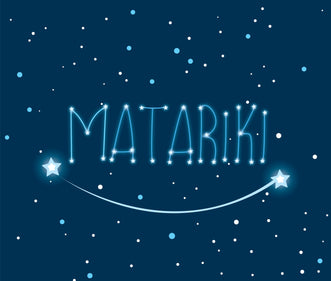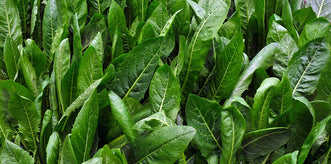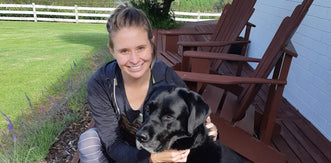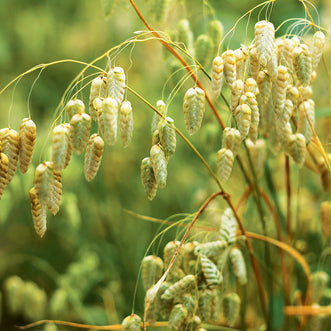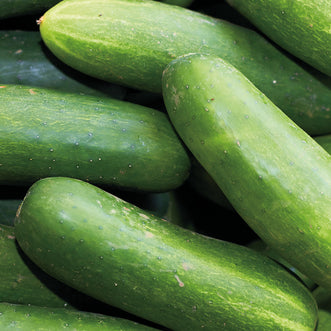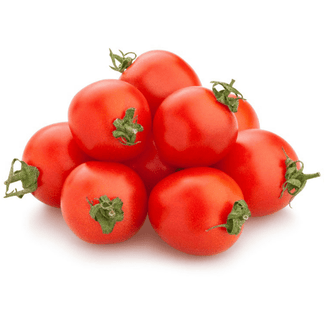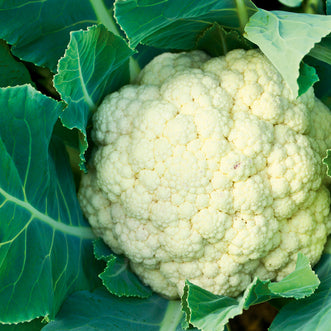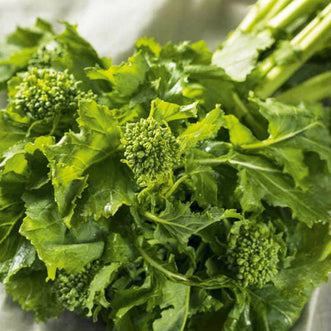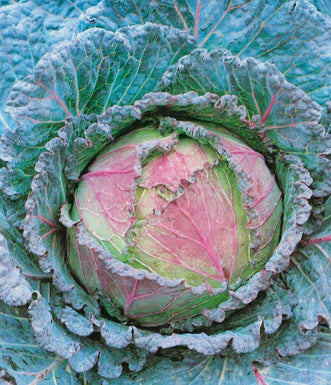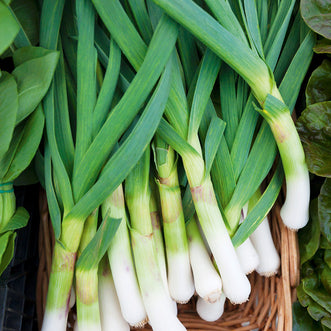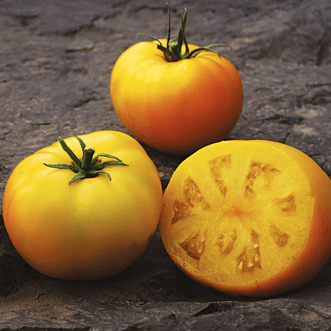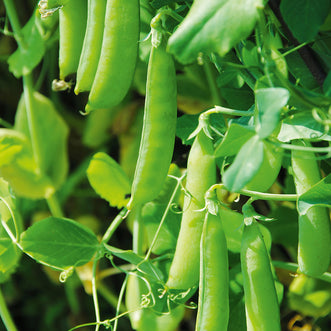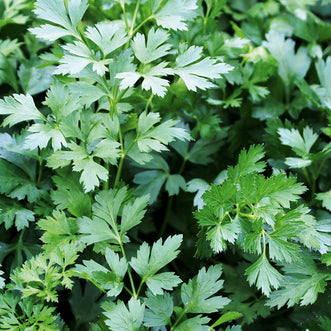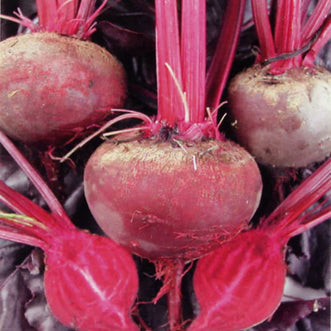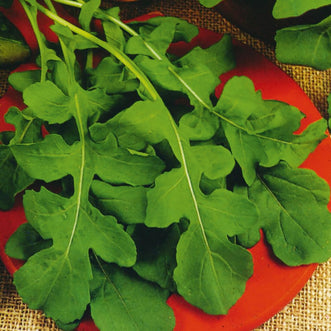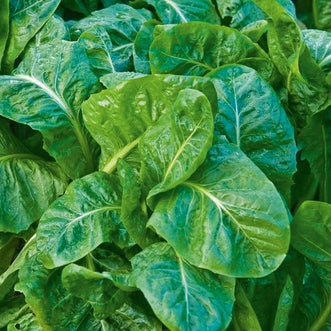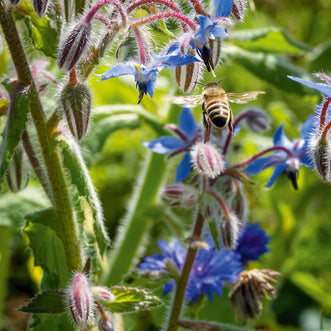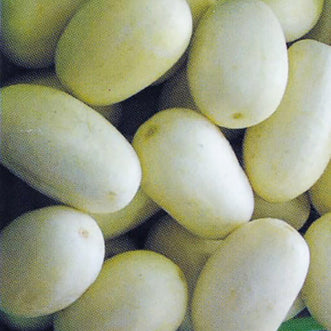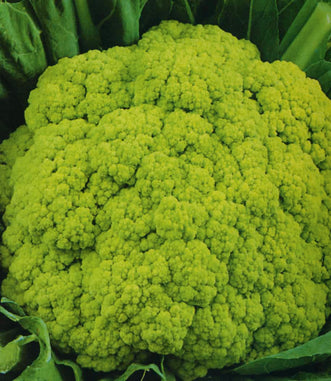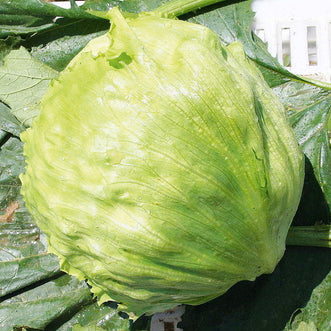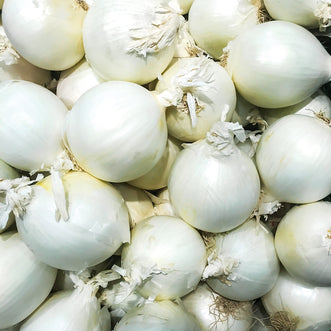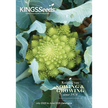Anzac Day and a Soldier's Rations
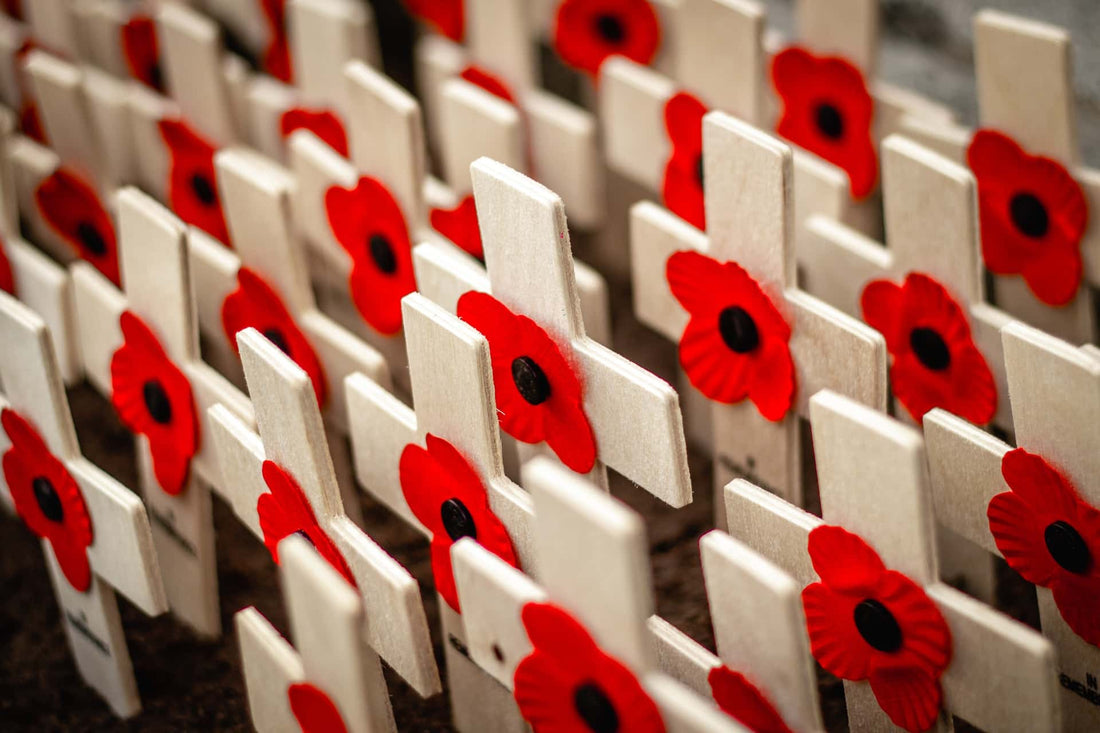
Did you realize that the Centenary of the First World War starts this year in August? New Zealand was heavily involved for a small nation of 1 million people. Ten percent of the population served in this war and, of that, 18,000 people gave their lives (mainly in Gallipoli) and 40,000 were wounded.
At the start of WWI, New Zealand was very pro-British and there was no doubt about our participation in the war. Troops were sent as soon as the war commenced and a promise was made to feed British forces, so we provided large quantities of dairy produce, grain and wool.
The 10% involvement meant the war affected most families including my own. A close family member has been researching a lot of war records recently and he discovered a great uncle who served in the UK and never made it home. The uncle's closest surviving relative is now in her 90's and living in the USA. His family knew very little about what had happened and she has never wanted to talk about it. There are a bunch of medals and these piqued his interest so with extensive access now available to all records about the wars, he made it his mission to try and piece together the whole story.
He followed the squadron his uncle served with, found the aircraft information and what each of the crew did as their job and then traced the actions of his uncle to being those of a radio operator on board the aircraft. Tragically his uncle was shot down over his home airfield close to the end of the war. He now intends to visit that airfield and his uncle's grave as he visits the UK next month. The family are very excited about having the full story with a family member being able to make the visit. Now if you've been doing the year calculations, you will have worked out that this story is based in WWII but it's such a lovely story I wanted to share it.
So back to the First World War..........
FOOD IN THE TRENCHES
Getting hot food from the field kitchens to the soldiers in the trenches could be impossible when they were in battle or battle was imminent. It was easier to acquire food and make it available when the soldiers were at stand-down, so most of the time hot food in particular was considered a luxury.
The intended daily rations for a British soldier were:
- 20 oz bread or 16 oz flour or 4 oz oatmeal
- 3 oz cheese
- 5/8 oz tea
- 4 oz jam or 4 oz dried fruit
- 4 oz butter/margarine
- 1/2 oz salt
- 1/36 oz pepper
- 1/20 oz mustard
- 8 oz fresh vegetables or 2 oz dried veges or 1/10 gill lime
- 1/2 gill rum or 1 pint porter
- maximum 20 oz tobacco
- 1/3 oz chocolate - optional
Fresh vegetables seem like a long stretch but it was the intention to try and provide some nutrition. The word 'optional' next to chocolate seems a tad redundant because I imagine any tiny bit of luxury or treat would have never been turned down.
There are written accounts of the Christmas truce on the Western Front in 1914 when both sides stopped fighting and met in no-man's land. The Germans and British soldiers exchanged gifts which were primarily food. The Germans gave sauerkraut and sausages in exchange for chocolate. How precious these gifts would have been.

For the Centenary celebrations the NZ government have created the WW100 programme with the following objectives:
MISSION
To foster appreciation and remembrance of how the First World War affected our nation and its place in the world, both at the time and beyond.
OBJECTIVES
Through the WW100 programme the NZ Govt will:
- Commemorate New Zealanders' service and sacrifice in the First World War
- Explore how New Zealanders' war experiences helped to shape our distinct and evolving national identity and aspirations
- Highlight New Zealand's enduring commitment to peace, global security and international cooperation
- Strengthen New Zealand's bilateral relationships with Australia and all other participants in the First World War
- Deepen understanding of the First World War by telling and preserving stories about New Zealanders' war experiences at home and abroad
- Provide a living legacy of the war's impacts and ongoing significance, so current future generations are more informed.

